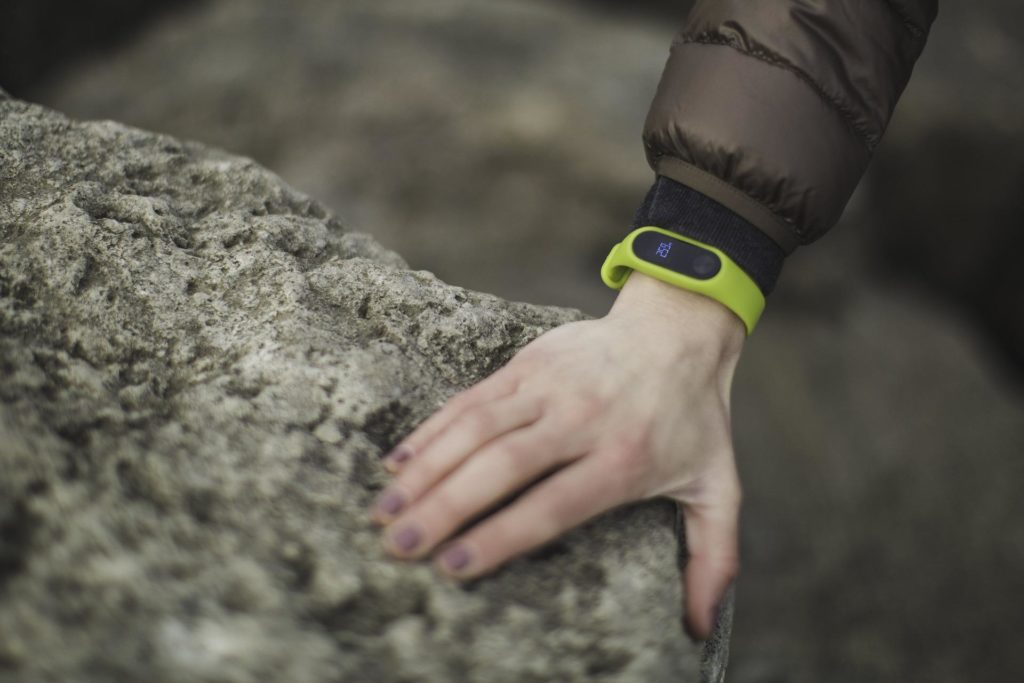Wearable technology giant Fitbit has revealed three new smartwatch models that it is adding to its collection this fall, including one that can detect signs of atrial fibrillation (AFib).
Fitbit made the reveal in a blog post, outlining the three new models — Inspire 3, Versa 4 and Sense 2.
While Inspire 3 and Versa 4 are fitness-focused, Fitbit said Sense 2 is the company’s most “advanced health-focused smartwatch” yet.
The new Fitbit Sense 2 contains sensors that can detect signs of atrial fibrillation through the company’s electrocardiogram (ECG) app and photoplethysmography (PPG) algorithm, which both have FDA clearance and CE marking.
Fitbit said all three new next generation devices “are even thinner and more comfortable, so you can wear them all day and night, and you don’t have to charge them every day.”
The Fitbit Sense 2 smartwatch is priced beginning at $300 and will begin to be shipped out towards the end of September.
Related: Fitbit Wins Another Approval for AFib App
Fitbit’s Sense 2 smartwatch allows users access to important health features, including Irregular Heart Rhythm Notifications, which uses a PPG optical heart rate sensor to evaluate heart rhythm for signs of AFib. The heart rate data is then analyzed by the PPG algorithm to detect any abnormalities and if any are found, the user is notified, who can then share the readings with a healthcare provider.
Fitbit said the PPG feature is compatible with a range of the company’s other heart rate enabled devices.
The algorithm is cleared to use in individuals 22 years of age or older who have no known history of irregular heart rhythm.
The device has an impressive battery life of more than six days on a single charge. Fitbit says this is particularly useful for the heart-monitoring technology since AFib is often best spotted when the body is at rest.
Fitbit validated the PPG algorithm in a large-scale clinical study involving more than 455,000 Fitbit users. Results of the trial were shared at the American Heart Association’s annual scientific sessions late last year, which showed that about one-third of those who received irregular heart rhythm notifications went on to be diagnosed with AFib. In addition, when paired with a wearable ECG patch monitor, the algorithm was 98 percent accurate in detecting AFib cases.
In addition to the AFib algorithm, Sense 2 also includes another new sensor called the Body Response sensor, which measures continuous electrodermal activity (cEDA). By combining cEDA readings with heart rate and skin temperature measurements, stress levels are assessed for all-day stress management. To help relieve stress, the device suggests stress relief activities such as deep breathing and mindfulness exercises.
Sense 2 also includes other health-tracking features, including measurements of heart rate and its variability, breathing rate, skin temperature and oxygen saturation. These elements were integrated into past models of Fitbit’s wearables.
Fibit said the wearables continue to “combine Fitbit’s health and wellness tools with the smarts of Google.”
Google confirmed in early 2021 that it had acquired Fitbit in a deal estimated to be worth $2.1 billion. Talks of the acquisition had started making rounds in 2019 and were met with scrutiny, particularly by the European Data Protection Board (EDPB) over data privacy concerns.












Join or login to leave a comment
JOIN LOGIN